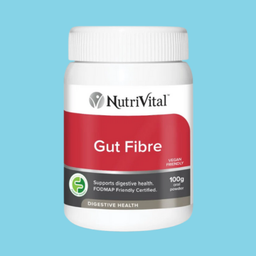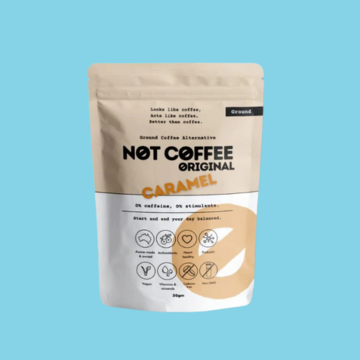Swap coffee for calming herbal teas.
From a naturopathic perspective, people who suffer from tummy troubles are advised to avoid coffee, especially if they’re prone to diarrhea. Caffeine stimulates the gut, instead, sip a cup of calming chamomile, it helps relax intestinal muscles and alleviates stomach cramps, indigestion and bloating.
Stay hydrated.
There is nothing better for your digestive system than pure alkalised water – a lack of water will slow down your digestive system and make stools harder to pass. The best way to know if you’ve drunk enough water is by the colour of your urine – at the end of the day, it should be almost clear!
Stay calm.
When you’re stressed your body diverts energy from digestion to the brain and muscles so as to respond to the stress situation – so it’s best to eat in a quiet and relaxed environment and to keep stress under control.
Include fermented foods in your diet.
Because the fermentation process makes foods more digestible and introduces friendly bacteria to the digestive system, foods like miso, tempeh, kimchi, kefir, kombucha, and yogurt are all great to eat on a daily basis to improve your digestion. If you aren’t a sauerkraut-kind-of person then a daily supplement of probiotics can help alleviate digestive discomfort and bloating.
Supplement with some digestive enzymes.
Even if you are eating a healthy diet, any long-standing enzyme deficiencies will not be corrected, and often constant supplementation with enzymes is needed to help relieve digestive complaints. A diet high in processed and cooked foods is generally deficient in enzymes and translates to poor digestive health.
Include prebiotics too.
These are a type of non-digestible carbohydrate found in food like leeks, onions, garlic, asparagus, beans, chickpeas, lentils, Jerusalem artichoke, psyllium, and slippery elm. Prebiotics are fuel for probiotics and promote the growth and activity of the good bacteria in the gut.
Take apple cider vinegar daily.
To help with digestive problems such as bloating, reflux and indigestion, add one or two teaspoons of organic apple cider vinegar to water and drink before each meal.
Get moving.
Go for a short walk after your meal; exercise speeds up digestion, gets your heart pumping, increases blood flow to all your organs, and stimulates muscles in your digestive tract.
Fiber up.
Canadian research has shown that constipation and the pains associated with it are relieved by consuming soluble fibers such as psyllium husks – add a couple of teaspoons to juice at breakfast time.
Take Manuka honey daily.
With its strong antibiotic properties, Manuka honey is believed to help digestion. The presence of this sweet treat in the gut has been seen to not only kill disease-causing bacteria but improve the immune system by restoring the balance of probiotics in the gut. Mix with water and apple cider vinegar and take half an hour before meals.

